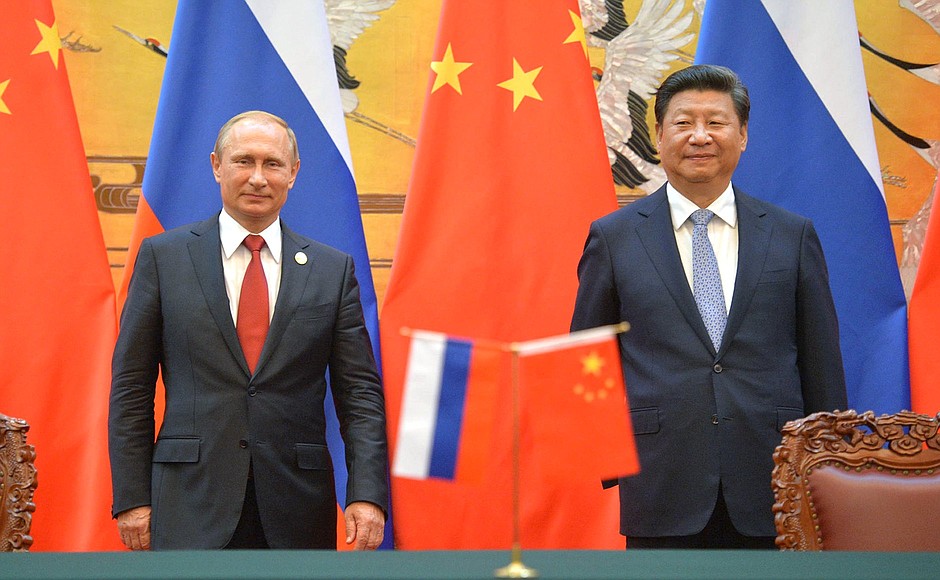 APPS
APPS
 APPS
APPS
 APPS
APPS
China and Russia are banning virtual private networks as both countries attempt to further control and monitor what its citizens view and access online.
In the Middle Kingdom, Apple Inc. is complying with central governments decision to outright ban the use of VPNs within its borders by removing all apps from the App Store. Express VPN, a VPN provider that is particularly popular with expats and visitors to China who want to access banned sites such as Facebook, broke the news, saying in a blog post that their own VPN app, along with all others, had disappeared without comment.
Apple Inc., unlike Google Inc. and Facebook Inc., legally operates in China but does so in a way that complies with regulations handed down by the government, complete with acceptance to allow government monitoring and the banning of any content deemed illegal by the country.
In Russia, the government is citing similar reasons for the ban on VPNs, which is set to happen Nov. 1. Russia said it’s meant to stop its citizens from accessing “unlawful content.”
According to Radio Free Europe, a U.S. government radio station owned established during the Cold War to broadcast propaganda to the then-Soviet satellite states, the new law will require Internet providers to block websites that offer VPNs and other proxy services. A separate but related second law due to go into effect at the same time will require operators of instant-messaging services to establish the identity of those using the services by their phone numbers.
VPNs have a multitude of uses. In a strict sense, they provide the user an Internet connection via a third-party service, a tunnel of sorts that bypasses the IP address of the given user. But they also can be used to access content that is banned in a given country or as a security measure, particularly at an enterprise level, to protect sensitive data.
In China, which has one of the world’s most regressive censorship regimes, VPNs are used to access online content that is banned in the country, and the list of that content is extremely large. Russia does not block as many sites as China, but as the country has become more autocratic under the reign of Vladimir Putin (pictured, left, with Chinese President Xi Jinping), more and more websites have been blocked.
For the citizens of both countries, the ban means that they will have no way of accessing services we in the west take for granted, such as Facebook. For those visiting either country, it’s not clear at this stage how far the ban will go in terms of trying to use a VPN. For example, will China arrest western tourists with VPNs installed on their device? Or is the ban simply an attempt to block VPN services at the Internet level? For that matter, can China and Russia successfully block all VPNs?
None of those answers is clear, but it’s quite apparent that the two countries are tightening their grip on the flow of information online.
Support our mission to keep content open and free by engaging with theCUBE community. Join theCUBE’s Alumni Trust Network, where technology leaders connect, share intelligence and create opportunities.
Founded by tech visionaries John Furrier and Dave Vellante, SiliconANGLE Media has built a dynamic ecosystem of industry-leading digital media brands that reach 15+ million elite tech professionals. Our new proprietary theCUBE AI Video Cloud is breaking ground in audience interaction, leveraging theCUBEai.com neural network to help technology companies make data-driven decisions and stay at the forefront of industry conversations.